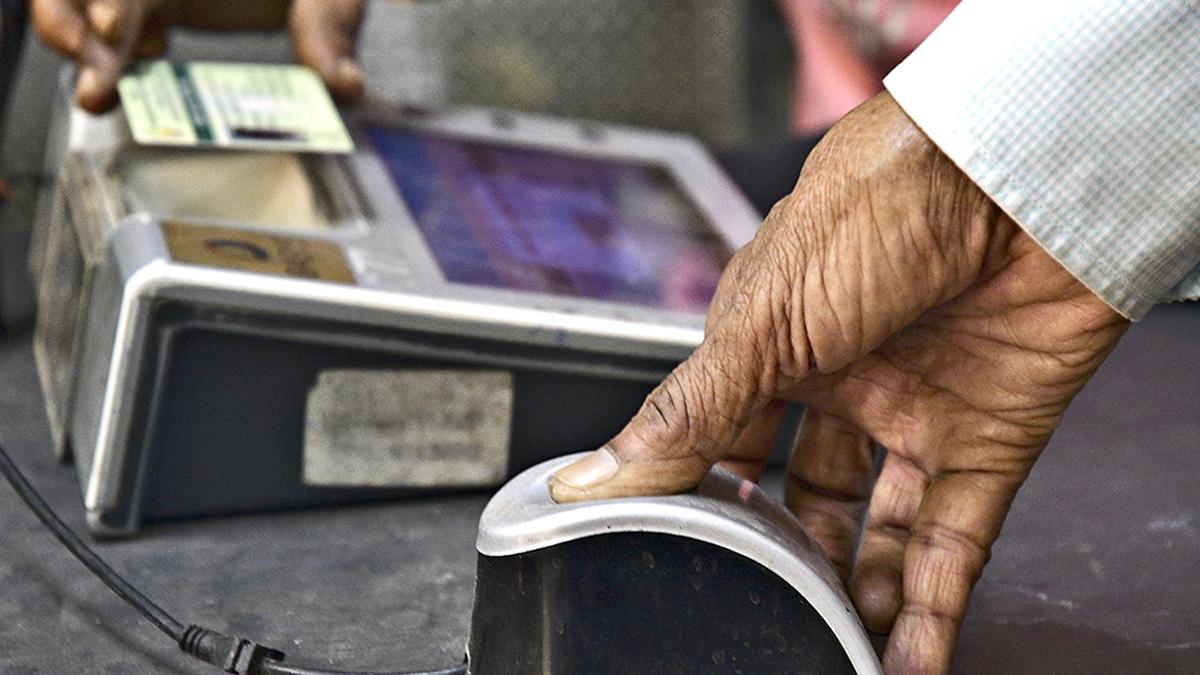




Copyright infringement not intended
Picture Courtesy: BUSINESS STANDRAD
A Niti Aayog report 'Enhancing Domestic Coking Coal Availability to Reduce the Import of Coking Coal' recommended the government to add coking coal in the list of critical minerals and provide an exemption to increase domestic production of the key raw material for steel production.
Critical minerals are necessary for economic growth and national security. The scarcity of these minerals, or the concentration of extraction or processing in a few geographical locations, may expose supply chain vulnerabilities and even cause supply disruptions.
These minerals play critical roles in several strategic value chains, including clean technologies, information and communication technologies (such as semiconductors), and advanced manufacturing inputs and materials.
The Ministry of Mines identified 30 critical minerals.

Coking coal, also known as metallurgical coal, is a type of bituminous coal. It contains more carbon, less ash, and less moisture than thermal coal, which is used to generate electricity. It is an important raw material for steel production.
Coking coal is used to make metallurgical coke via high-temperature carbonisation. This coke is essential in steelmaking as it is used in blast furnaces to make pig iron.
The largest producers of coking coal worldwide are:
Despite its vast coking coal reserves, India is heavily dependent on imports, with foreign shipments accounting for 85% of demand.
Challenges in domestic coking coal production
Public sector undertaking (PSU) washeries run at less than 32% capacity, with washed coal yields of only 35-36%. Private washeries, on the other hand, utilize more than 75% of their capacity while producing higher returns.
Despite substantial domestic reserves, Integrated Steel Plants (ISPs) imported 58 million tonnes of coking coal for Rs 1.5 lakh crore in FY 2023-24, indicating the country's continued dependence on imports.
The NITI Aayog suggests recognizing coking coal as a critical mineral to bring India in line with global practices, such as the European Union, which designated coking coal as critical. Such recognition can be used to justify policy measures aimed at increasing domestic production and ensuring raw material security for the steel sector.
India has significant coking coal reserves, with 5.13 billion tonnes of prime coal and 16.5 billion tonnes of medium-quality coal. The NITI Aayog suggests that these reserves should be fully utilized to meet economic demands.
Must Read Articles:
Source:
|
PRACTICE QUESTION Q.Critically analyze the significance of including coking coal in the list of critical minerals for the country's industrial growth and job creation. (150 words) |



© 2025 iasgyan. All right reserved